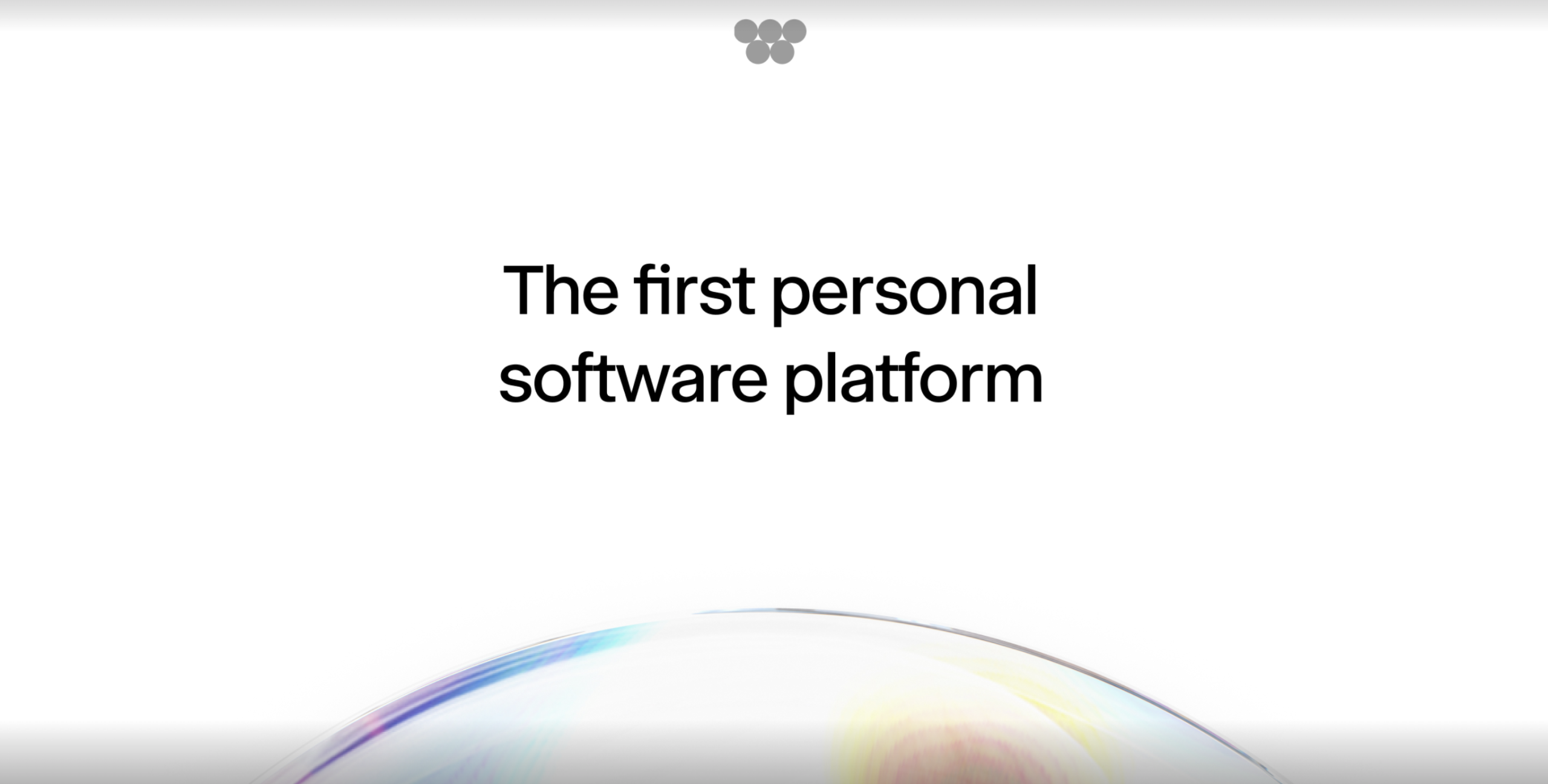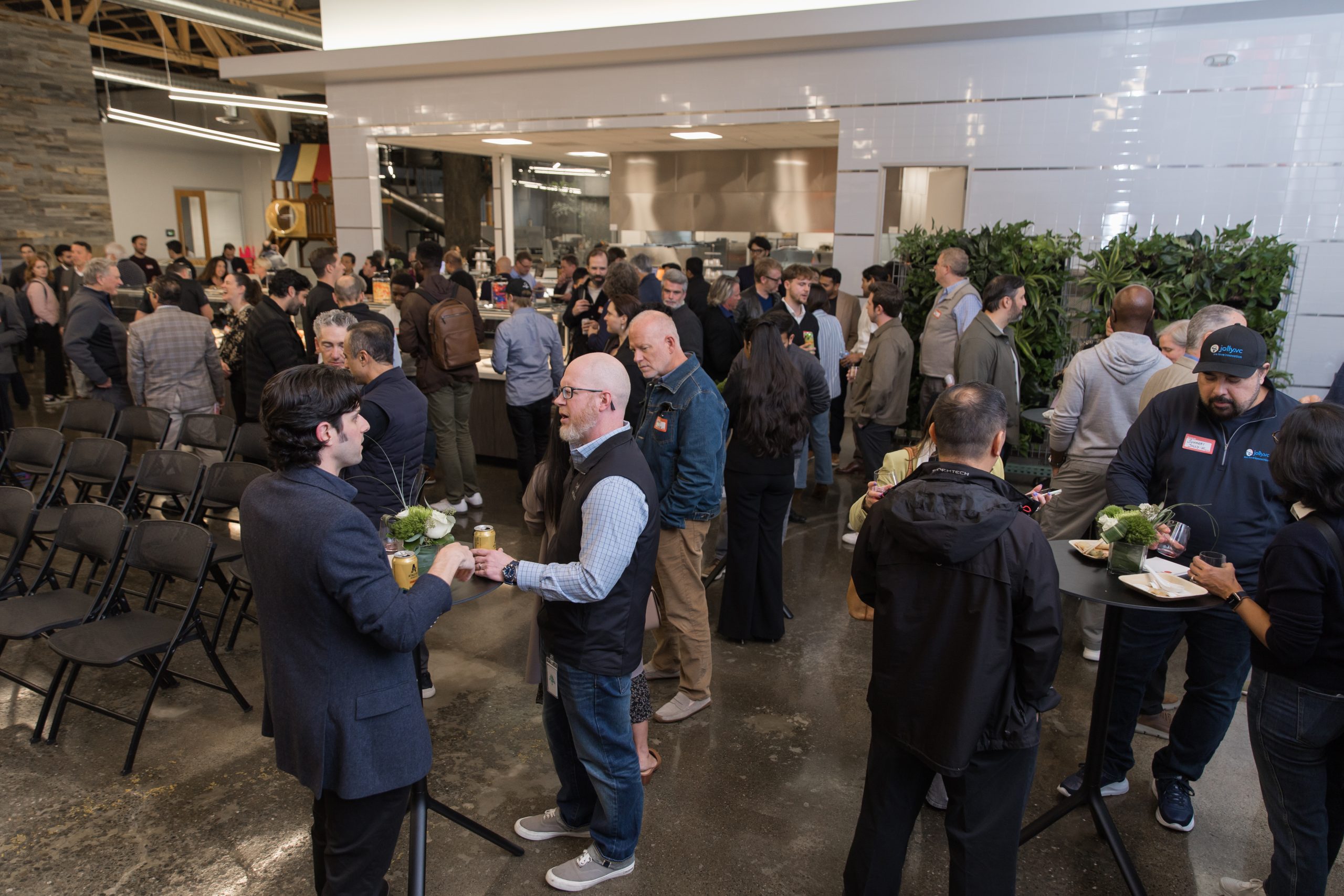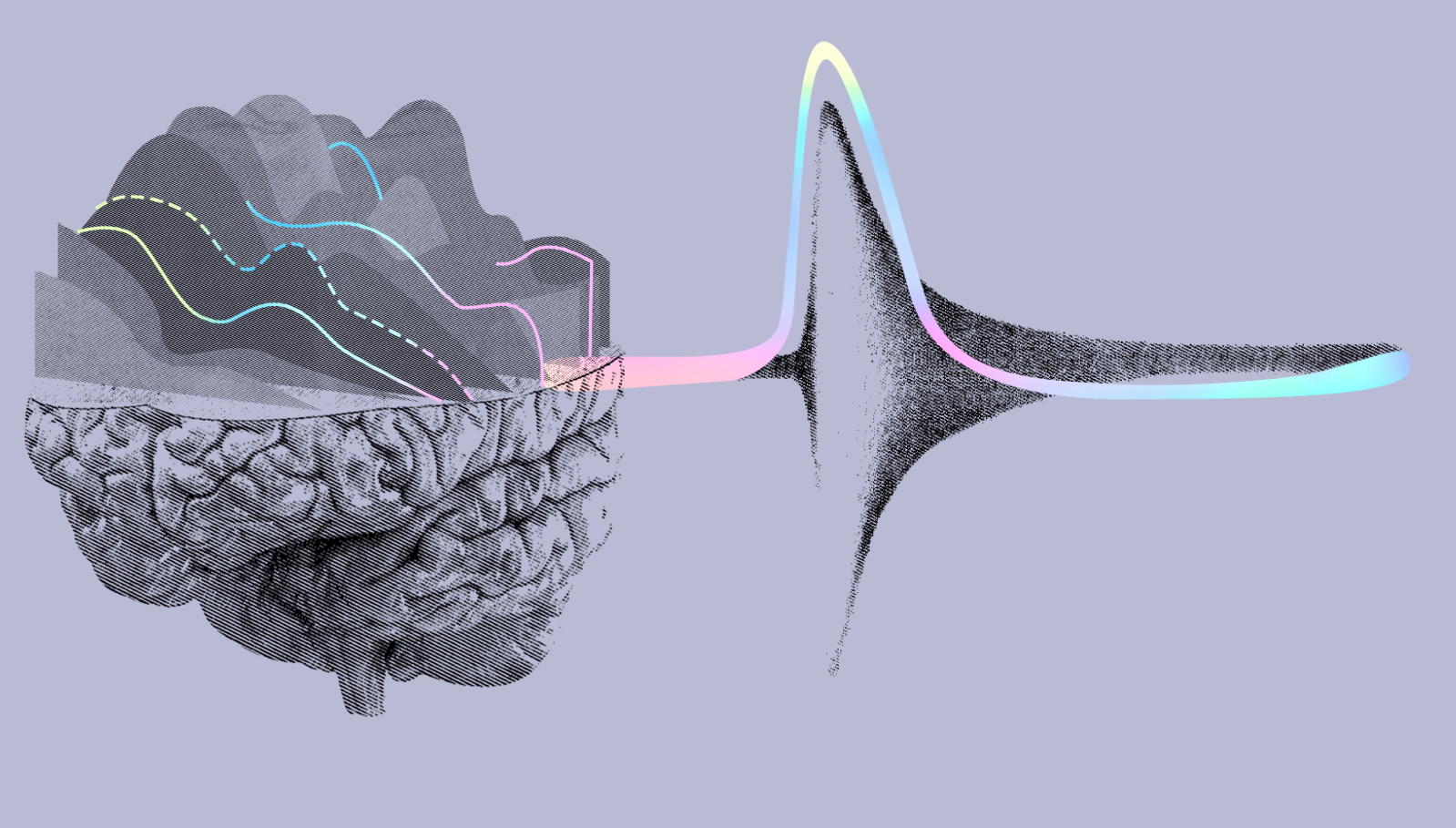
Eugenia Kuyda, a pioneering figure in the consumer artificial intelligence sector, is once again at the forefront of a technological shift with her latest venture, Wabi. Having previously founded Replika, an AI companion platform that amassed 35 million users long before the widespread public awareness of generative AI tools like ChatGPT, Kuyda has consistently demonstrated an acute ability to anticipate future trends in human-computer interaction. Her new endeavor, Wabi, positions itself as a "YouTube for applications," envisioning a future where individuals can effortlessly craft and disseminate personalized mini-applications using simple prompts, fostering a new era of software creation and sharing.
A New Frontier in User-Generated Software
Wabi, which recently launched its beta version, heralds a significant paradigm shift in how consumers interact with software. Moving beyond the traditional model of downloading pre-packaged applications from centralized app stores, Wabi offers an integrated social platform designed to empower anyone, regardless of their technical proficiency, to become a software creator. The core premise revolves around using natural language prompts to instantly generate functional mini-applications, which can then be shared with friends and a broader community. This approach aims to make personalized software the norm, enabling a highly customized digital experience tailored to individual needs and preferences.
The concept of user-generated content has transformed industries from media to e-commerce, and Wabi aims to extend this revolution to software development. Just as platforms like YouTube empowered amateur videographers to become global content creators, Wabi seeks to democratize app creation, making it accessible to a massive audience. This vision suggests a world where the distinction between software users and software developers blurs, leading to an explosion of niche, hyper-personal, and ephemeral applications that serve immediate, often fleeting, purposes.
Significant Investor Backing Fuels Ambition
Wabi has garnered substantial early support, securing an impressive $20 million in pre-seed funding. This capital injection underscores the profound confidence prominent investors place in Kuyda’s vision and her track record of identifying nascent market opportunities. The list of angel investors reads like a who’s who of the tech industry, including AngelList co-founder Naval Ravikant, Y Combinator CEO Garry Tan, Twitch co-founder Justin Kan, Replit CEO Amjad Masad, Notion co-founder Akshay Kothari, Neuralink co-founder DJ Seo, and Conviction founder Sarah Guo. Such a robust pre-seed round is a strong indicator of perceived high potential and market disruption.
Anish Acharya, a general partner at Andreessen Horowitz, highlighted Kuyda’s unique foresight, stating that she was "early and right to AI companions, even though it wasn’t obvious at the time." He further noted the rarity of finding individuals with a consistent record of predicting consumer desires, suggesting that Kuyda is poised to repeat her success with Wabi. This level of endorsement from influential figures in venture capital not only provides crucial financial resources but also lends significant credibility to Wabi’s ambitious goals.
The Evolution of Consumer AI and No-Code Development
Kuyda’s journey into AI began years before the recent generative AI boom. In 2017, she launched Replika, an AI chatbot designed to be an empathetic companion, allowing users to build a personal relationship with an artificial intelligence. At a time when AI was largely perceived as a tool for enterprise or complex scientific research, Replika demonstrated the compelling consumer demand for accessible, personalized AI experiences. Its success, accumulating tens of millions of users, positioned Kuyda as a pioneer in understanding the emotional and social dimensions of AI interaction.
The development of Wabi builds upon the broader "no-code" and "low-code" movements that have gained traction in recent years. These movements aim to simplify software development, allowing non-technical users to create applications using visual interfaces and pre-built components rather than traditional coding. Wabi takes this concept a step further by integrating advanced AI capabilities, particularly large language models (LLMs), to enable "vibe coding" or "prompt engineering." This allows users to describe their desired application in plain language, and the AI handles the underlying technical complexities, generating everything from the user interface and database structure to application logic.
The market for such tools is rapidly expanding, with several companies attracting significant venture capital interest. Platforms like Cursor and Lovable are exploring "vibe coding" paradigms, while no-code AI platforms such as Emergent, Replit, and Bloom are also striving to empower non-technical users to build applications through prompts. Wabi distinguishes itself by offering an integrated ecosystem for creation, discovery, and hosting, eliminating the need for traditional app stores. This unified platform streamlines the entire lifecycle of a mini-app, from conception to sharing, fostering a more fluid and immediate user experience.
The Mechanics of Creation and Community
At its core, Wabi aims for unparalleled simplicity. Kuyda explained that users need only input a straightforward prompt, such as "build me an AI therapy app," and the platform will handle the rest. It suggests features, brainstorms functionalities, and constructs the application without exposing the user to any underlying code. This approach significantly lowers the barrier to entry for software creation, making it accessible to individuals with no prior programming experience. Users are not required to be expert prompt engineers; Wabi’s system is designed to be intuitive and assistive, automating many of the technical details, including icon creation, database setup, and UI design.
Beyond creation, Wabi emphasizes the social dimension. Recent beta updates introduced features allowing users to like, comment on, and even "remix" existing applications. User profiles enable exploration of what others have built, used, or enjoyed, fostering a sense of community and collaborative creation. Kuyda stated that this social layer is "absolutely critical because it allows for so much more creativity and discovery, and these mini apps become community starters or conversation starters." This social fabric is intended to drive engagement and organic growth, mirroring the dynamics seen on other successful user-generated content platforms.
The platform’s discovery page currently highlights recent and popular apps, with plans to evolve into a more algorithmic feed over time. Personalized onboarding is also on the horizon, with Wabi automatically generating starter apps for new users to kickstart their creative journey. While Wabi’s promise of prompt-based mini-app creation aligns with offerings like ChatGPT’s GPT store or Quora’s Poe, its integrated social features and comprehensive hosting capabilities provide a distinct value proposition. Users can even customize foundational models, choosing between options like ChatGPT or Gemini, and refine the AI-generated prompts, offering a layer of control for those who desire it.
Navigating Challenges and Envisioning Monetization
Despite the platform’s innovative approach, Wabi is still in its nascent stages, and some early user experiences highlight areas for refinement. For instance, testing revealed that certain AI-generated apps might produce repetitive content or display outdated information, such as a daily dog picture app showing the same set of dogs or a news app citing incorrect dates and unusual sources like Wikipedia. These observations underscore the inherent challenges in leveraging generative AI for dynamic content, particularly the need for robust mechanisms to ensure content freshness and accuracy. The onus often falls on the user to maintain and debug these mini-applications, a task that might deter less engaged creators.
Kuyda acknowledges these early limitations, noting that "it’s still early days for Wabi and they’re still working out how to ensure that apps are ready to go out of the box." She also pointed to ongoing improvements in underlying AI models as a factor in enhancing app quality. A significant portion of the $20 million funding will be allocated to expanding Wabi’s product team, focusing on addressing these technical challenges and refining the user experience.
Regarding monetization, Wabi plans to initially subsidize usage, with Kuyda expressing a clear aversion to advertising. Drawing from her experience with Replika, which never hosted ads, she believes that "ads just create a pretty bad user experience. I like creating delightful user experiences." This stance suggests a future monetization model that prioritizes user value over ad revenue, potentially exploring subscriptions, premium features, or a marketplace for app components or services once the platform achieves significant network effects. Acharya supports this view, anticipating that monetization will naturally emerge as the platform’s social and creative ecosystem matures, envisioning a future where Wabi creators could professionalize their app-making efforts, much like TikTok stars.
The Social and Cultural Implications of "Disposable Software"
The vision for Wabi extends beyond mere utility; it aims to profoundly impact the social and cultural landscape of the internet. Acharya articulated a concept of "disposable software" – small, flexible applications that can be created and discarded with the same ease as opening a new browser tab or having a brief chat with an AI. This concept challenges the traditional notion of software as a weighty, permanent artifact, promoting instead a fluid, adaptable approach to digital tools.
Acharya also posited that "software is the final frontier of participation." He observed that while the internet has democratized various forms of content creation, from blogs to social media posts, the ability to create actual software has largely remained confined to a specialized few. Wabi seeks to bridge this gap, empowering a much broader audience to contribute to the digital infrastructure actively.
This democratization could lead to a revitalization of the internet’s early ethos. Acharya lamented that "the internet has gotten sort of clinical – we’re all using the same Instagram, the same TikTok, we all have the same home screens, apps have gotten pretty monotone." He believes Wabi offers an opportunity to "restore some of that punk, strange, early 90s web ethos," where creativity was unbridled, and digital experiences were highly idiosyncratic and experimental. This vision suggests a future internet characterized by a vast, diverse, and ever-changing landscape of personalized applications, reflecting the unique creativity of its users rather than the standardized offerings of large corporations.
In essence, Wabi is not just another app-building tool; it represents a bold step towards a more participatory and personalized digital future. By empowering millions to create software, Eugenia Kuyda and her team are setting the stage for a new wave of innovation, where the power of digital creation rests firmly in the hands of the individual.






